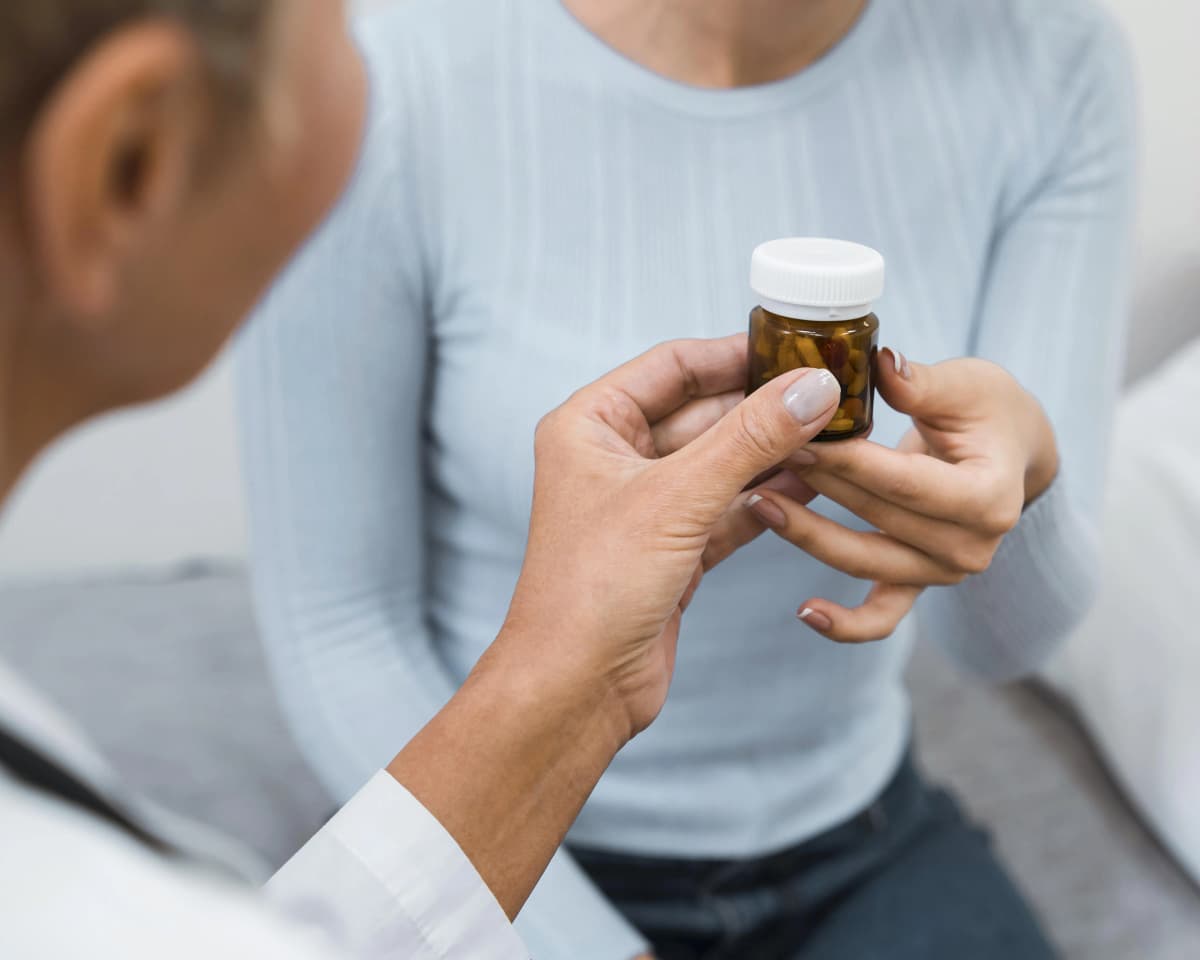ADHD Medications for Adults: What to Expect & How They Work

Attention-Deficit/Hyperactivity Disorder (ADHD) is not just a childhood condition. Many adults live with ADHD, often struggling with focus, organization, time management, or restlessness. Fortunately, medications for ADHD can help manage symptoms and improve quality of life.
In this article, we’ll explain how ADHD medications work, the different types available, and what you can expect when starting treatment.
What Is ADHD in Adults?
ADHD in adults may look different than it does in children. Common symptoms include:
-
Trouble staying focused
-
Difficulty finishing tasks
-
Forgetfulness
-
Impulsive decisions
-
Feeling easily overwhelmed
Medications can help balance brain chemicals involved in attention, motivation, and behavior.
How Do ADHD Medications Work?
ADHD medications work by affecting certain chemicals in the brain—primarily dopamine and norepinephrine. These chemicals help regulate attention, motivation, and executive function (the mental skills that help you plan, organize, and control impulses).
There are two main types of ADHD medications:
-
Stimulants
-
Non-stimulants
Each works differently and may be recommended based on your symptoms, health history, and lifestyle.
Types of ADHD Medications
1. Stimulants
Stimulants are the most commonly prescribed medications for ADHD. They work quickly and are often highly effective.
Common stimulant medications include:
-
Methylphenidate (Ritalin, Concerta, Daytrana)
-
Amphetamine salts (Adderall, Vyvanse, Dexedrine)
How they work:
Stimulants increase dopamine and norepinephrine levels in the brain, which helps improve focus and reduce impulsivity.
Pros:
-
Fast-acting (often within 30–60 minutes)
-
Effective for most adults with ADHD
-
Available in short-acting and long-acting forms
Cons:
-
May cause side effects like insomnia, loss of appetite, or anxiety
-
Risk of misuse if not taken as prescribed
-
Not suitable for everyone, especially those with certain heart conditions
2. Non-Stimulants
Non-stimulants may be prescribed if stimulants cause side effects or are not effective.
Common non-stimulant medications include:
-
Atomoxetine (Strattera)
-
Guanfacine (Intuniv)
-
Clonidine (Kapvay)
-
Certain antidepressants, such as bupropion (Wellbutrin)
How they work:
Non-stimulants also affect brain chemicals but work more slowly. Some may take several weeks to reach full effect.
Pros:
-
Lower risk of abuse
-
May help with anxiety or sleep
-
Useful for patients with heart conditions
Cons:
-
Slower onset
-
May require a few weeks for benefits to be noticeable
-
Some may cause drowsiness or mood changes
What to Expect When Starting ADHD Medication
Everyone responds differently to medication. Here’s what you might expect during the first few weeks:
1. Trial and Adjustment
Your provider may start you on a low dose and adjust it over time. Finding the right medication and dosage may take a few tries.
2. Monitoring Side Effects
Common side effects include:
-
Headache
-
Trouble sleeping
-
Decreased appetite
-
Irritability
-
Increased heart rate
These may go away as your body adjusts, but let your doctor or pharmacist know if they continue or worsen.
3. Improved Focus and Function
When medication is effective, many adults report:
-
Better concentration
-
Reduced impulsive behavior
-
Improved productivity
-
More control over daily tasks
Tips for Taking ADHD Medications Safely
-
Take as prescribed – Do not increase or skip doses.
-
Avoid alcohol and recreational drugs, which can interfere with treatment.
-
Communicate regularly with your doctor or pharmacist.
-
Store medications safely, especially if you have children at home.
-
Keep track of changes in mood, sleep, or appetite, and share them with your provider.
Do ADHD Medications Cure the Condition?
ADHD medications do not cure the condition, but they can make it easier to manage symptoms. Many adults also benefit from:
-
Counseling or behavioral therapy
-
Organizational tools (like planners or apps)
-
Healthy lifestyle changes (sleep, diet, exercise)
Talk to Your Pharmacist at Central Pharmacy
At Central Pharmacy, we know that managing ADHD can feel overwhelming at times. Whether you’re just starting treatment or adjusting your current plan, our pharmacists are here to help.
We can:
-
Answer your questions about ADHD medications
-
Help you understand potential side effects
-
Provide tools to manage your medication routine
Visit Central Pharmacy or call us today to learn more about how we can support your health and wellness.
Snippet From our blog
Explore helpful tips, expert insights, and the latest health updates on our blog. Find practical advice and resources to support a healthier life.